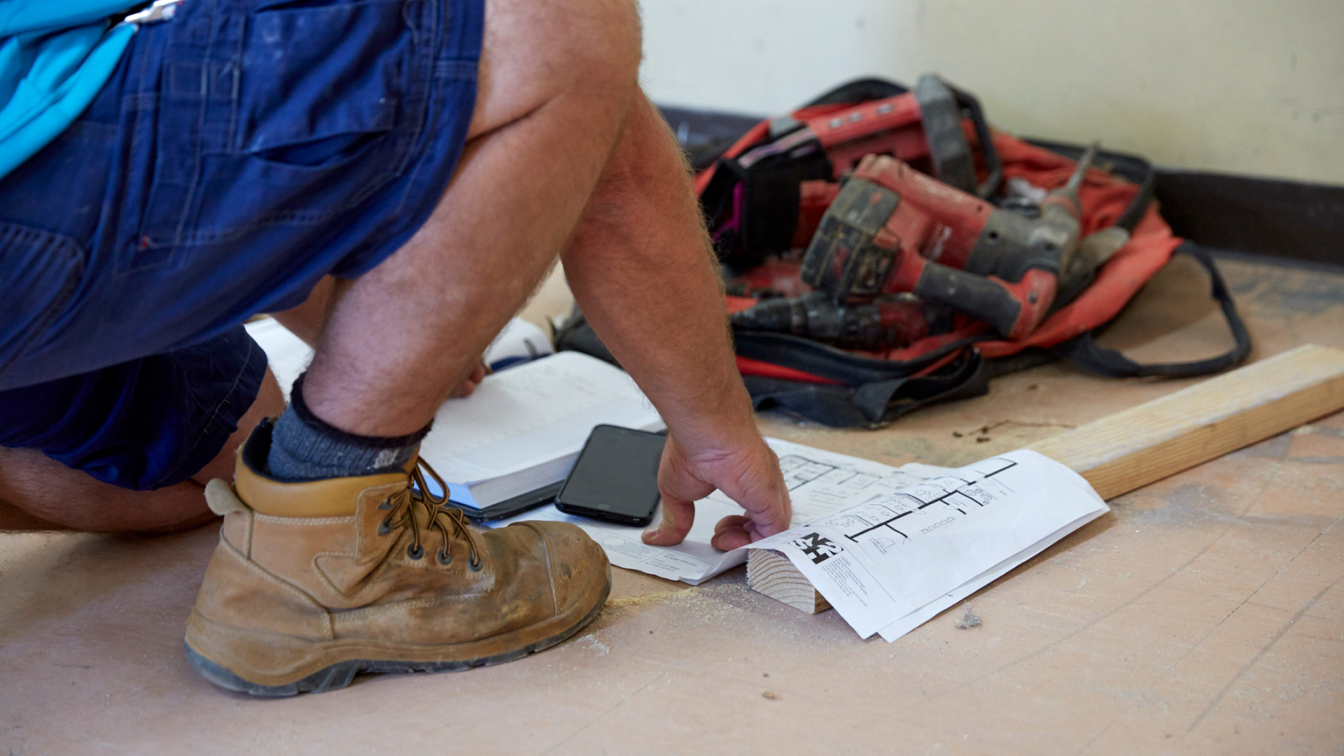Ask Better, Learn Faster as an Apprentice
Completing an apprenticeship is an investment you make in yourself and your future.
Day to day, it may seem like a grind, but always remember to focus on the big picture. It’s not where you are today; it’s about where it’s going to take you.

You want to make your apprenticeship work for you. So, this means learning as much as you can. Your growth and development will largely be determined by the quality of the questions you ask on the job. That’s why we’ve created a series of tips to help you extract the right answers from others.
1. Be specific
You’re probably saying, ‘I know how to ask questions.’ But not all questions are equal. Many apprentices fall into the trap of just asking, ‘How do you want me to do this?’ This is a broad question and requires a longer answer. Instead, ask specific questions so you get specific answers you can act on, like ‘What temperature should I set the hot water unit at?’
2. Ask for feedback
Don’t be afraid to ask for feedback. Asking for feedback on your performance is an important part of developing your skills and improving. You might not always like the answer, but ultimately this will help you develop your skills and knowledge.
3. Say what you know first
When asked to do a task that requires you to ask questions, state what you know first. Most tasks have multiple steps, and explaining to your host that you know how to do some or most of the steps will save them valuable time in explaining things. This way they can just outline the specific step you need help with.
4. Ask for visual guidance
Sometimes being told how to do something is a lot less useful than watching someone do it. If you’re a visual learner, ask your boss to show you how they would do it. Or if you are a little more confident, ask if they can watch you do it to make sure you got the process correct.
5. Find the right person to ask
The boss might not always be available to answer your questions. One of the other plumbers you’re working with may be able to answer your questions faster. Don’t be afraid to seek answers from other sources if you need to.
6. Ask ‘why’ questions
When you ask a question like ‘Why does this happen?’ your teammates are more likely to explain how things function. This will expand your general knowledge and give you confidence in understanding the different types of processes and equipment you’re dealing with.
7. Write things down
You need to remember a lot of information when you start out, so listen fully to what people are saying. But don’t be afraid to take notes either. Keeping a small pad and pencil with you can be handy. Or put details directly into your phone. This allows you to read them later and commit them to memory.
8. Ask follow-up questions
Think about what people have said. Did you understand the answer? If the answer they gave doesn’t make sense to you, don’t be too embarrassed to ask for further clarification. For example, “Can you just go over X again? I’m still not clear on that bit.”
9. Respect people’s time
Asking questions is a great way to show that you’re keen and interested, but don’t ask questions for the sake of asking questions. If you want to know something, but it's not urgent, save it for smoko chat.
Remember that asking great questions takes practice. You won’t always get it right every time, but you will definitely get better at it over time.
